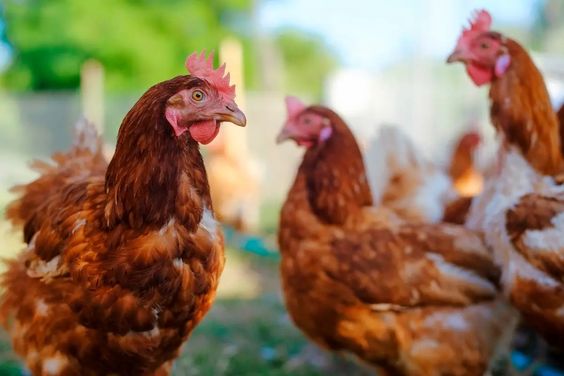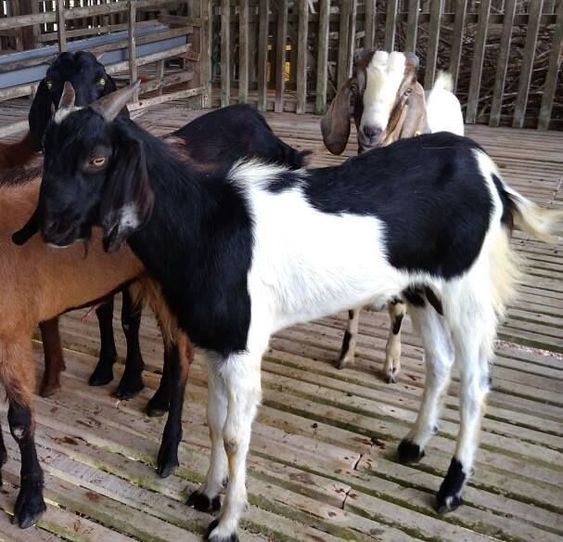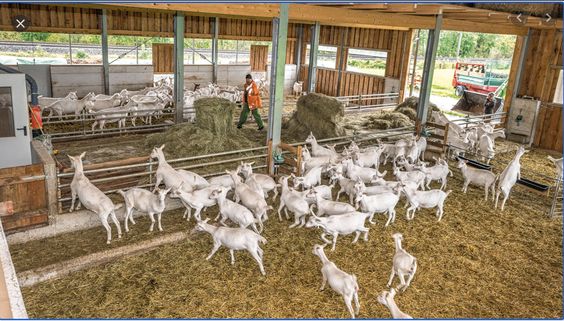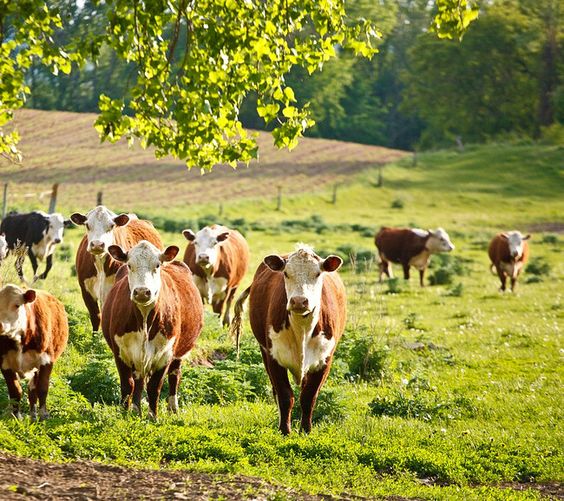Chicken Health for Farmers: A Comprehensive Guide
Chicken Health for Farmers,Healthy chickens are the foundation of a successful poultry farm. They produce more eggs, grow faster for meat production, and are less susceptible to disease outbreaks. This guide provides farmers with a comprehensive overview of chicken health, covering preventative measures, disease identification, and treatment options.
Biosecurity: The First Line of Defense
Biosecurity refers to practices that prevent the introduction and spread of diseases within a flock. Here are key biosecurity measures for chicken health:
- Flock Isolation: Maintain separation between different age groups of chickens. This reduces the risk of older birds transmitting diseases to younger, more vulnerable ones.
- Cleaning and Disinfection: Regularly clean and disinfect chicken coops, equipment, and feeders. Use approved disinfectants and follow proper dilution instructions.
- Rodent and Pest Control: Implement a rodent and pest control program to minimize the risk of disease transmission from these carriers.
- Visitor Restrictions: Limit visitors to the farm and require them to wear protective clothing, such as boots and gloves, before entering the coop.
- Vaccination Program: Work with a veterinarian to establish a vaccination program tailored to your region and the specific diseases prevalent there.
Maintaining a Healthy Environment
- Coop Design: Provide adequate space for your chickens. Overcrowding contributes to stress and disease outbreaks. Ensure proper ventilation to avoid ammonia build-up, which can irritate respiratory systems.
- Lighting Chicken Health for Farmers: Chickens require specific light cycles for optimal health and egg production. Consult a poultry specialist for recommended lighting schedules.
- Temperature Control: Maintain comfortable temperatures for your chickens. Extreme heat or cold can stress them and impact their immune system.
- Bedding Chicken Health for Farmers: Use clean, dry bedding materials like wood shavings or chopped straw. Damp bedding can harbor bacteria and parasites.
Nutrition: The Building Blocks of Health
- Feed Quality: Provide your chickens with a complete and balanced feed formulated for their age and production stage.
- Fresh Water: Ensure continuous access to clean, fresh water. Regularly clean and sanitize waterers to prevent contamination.
- Supplements Chicken Health for Farmers: Consider consulting with a veterinarian about implementing vitamin and mineral supplements if needed.
Monitoring Chicken Health and Common Chicken Diseases
Early detection of illness is crucial for successful treatment and minimizing flock losses. Here are some signs to watch for:
- Behavior: Lethargy, loss of appetite, ruffled feathers, difficulty breathing, abnormal walking, isolation from the flock.
- Physical Appearance: Pale combs and wattles, weight loss, discharge from the eyes or nose, diarrhea, swollen joints.
- Egg Production: A sudden drop in egg production can indicate illness.
- Marek’s Disease: A highly contagious and often fatal viral disease. Vaccination is essential for prevention.
- Newcastle Disease: Another highly contagious viral disease affecting respiratory and nervous systems. Vaccination is crucial.
- Coccidiosis Chicken Health for Farmers: A parasitic disease causing diarrhea and weight loss. Treatment with coccidiostats is available.
- Infectious Bronchitis: A respiratory disease causing coughing, sneezing, and gasping. Vaccination is a preventative measure.
- Fowl Pox: A viral disease causing wart-like lesions on the head and legs. Vaccination is available.
Treatment Options Chicken Health for Farmers
Treatment options for chicken diseases vary depending on the specific illness. Here are some general points:
- Isolating Sick Birds Chicken Health for Farmers: Immediately quarantine sick chickens to prevent spreading the illness to the rest of the flock.
- Veterinary Consultation: Consult with a veterinarian for proper diagnosis and treatment recommendations.
- Medication: Medications may be administered through feed, water, or injection depending on the disease and severity.
- Biosecurity Measures: Heighten biosecurity measures during an outbreak to prevent further spread.
- Record Keeping: Maintain accurate records of vaccinations, medications administered, and any health issues encountered. This helps monitor flock health trends and identify potential problems early on.
- Stress Management: Minimize stress factors for your chickens. This includes handling them gently, providing ample hiding spots in the coop, and avoiding loud noises near the coop.
- Parasite Control: Implement a regular parasite control program through dusting, sprays, or medication to prevent infestations.
- Necropsy: In case of sudden death, consider a necropsy (animal autopsy) to determine the cause of death and prevent further outbreaks.
Conclusion Chicken Health for Farmers
Chicken Health for Farmers By prioritizing biosecurity, providing a healthy environment, proper nutrition, and attentive monitoring, farmers can significantly improve the health and well-being of their chickens. A healthy flock translates to increased productivity, fewer losses, and ultimately, a successful and sustainable poultry farming operation.






